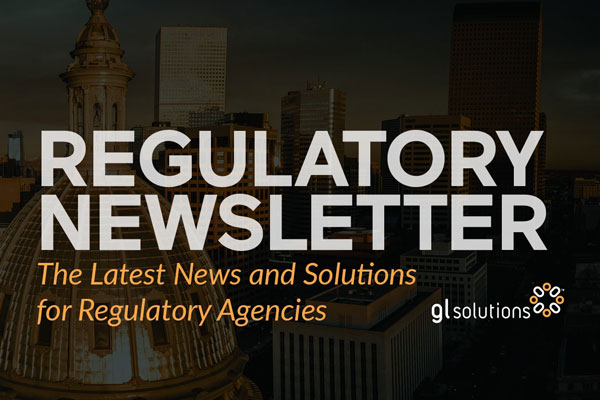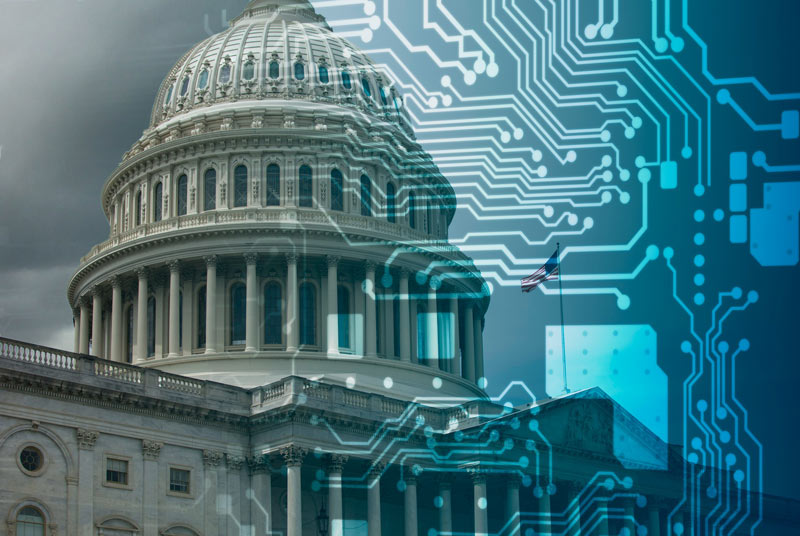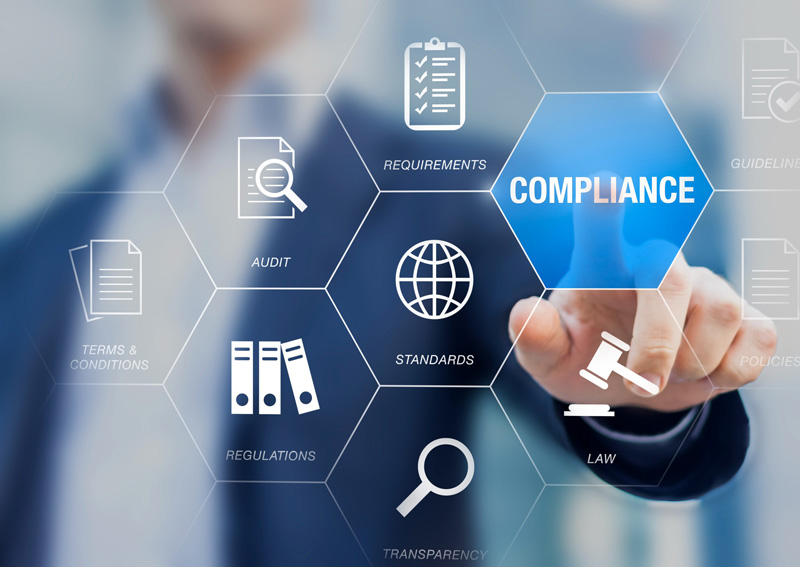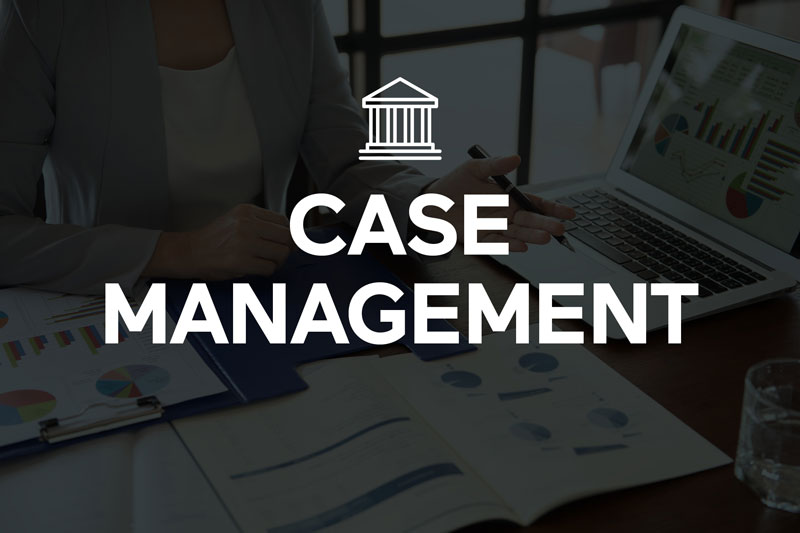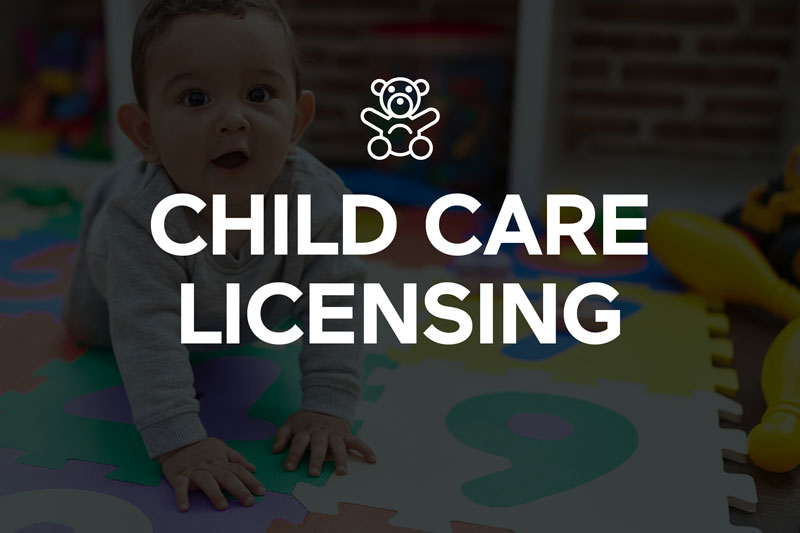One of the most significant applications of AI in regulatory compliance is in monitoring and reporting. AI systems can continuously monitor transactions, communications, and operations in real-time, ensuring that they adhere to relevant regulations. This constant vigilance can help your regulatory agency in early detection of non-compliant activities, reducing the likelihood of costly penalties and reputation damage. Furthermore, AI can simplify the complex and time-consuming task of your compliance reporting. By automating the collection and analysis of compliance data, AI can enable your agency to generate accurate and comprehensive reports with minimal manual intervention.
AI also enhances the efficiency of compliance training by offering your workforce personalized learning experiences. Through AI, training programs can be tailored to address the specific needs and knowledge gaps of your employees, improving their understanding of compliance requirements and practices.
However, the integration of AI in regulatory compliance is not without challenges. You must carefully manage issues such as data privacy, algorithmic bias, and transparency in AI decision-making processes to ensure ethical and effective use of AI in compliance activities.
As AI technologies continue to evolve, their role in supporting and enhancing your regulatory agency’s compliance efforts is expected to grow, making them an integral component of modern compliance strategies.
